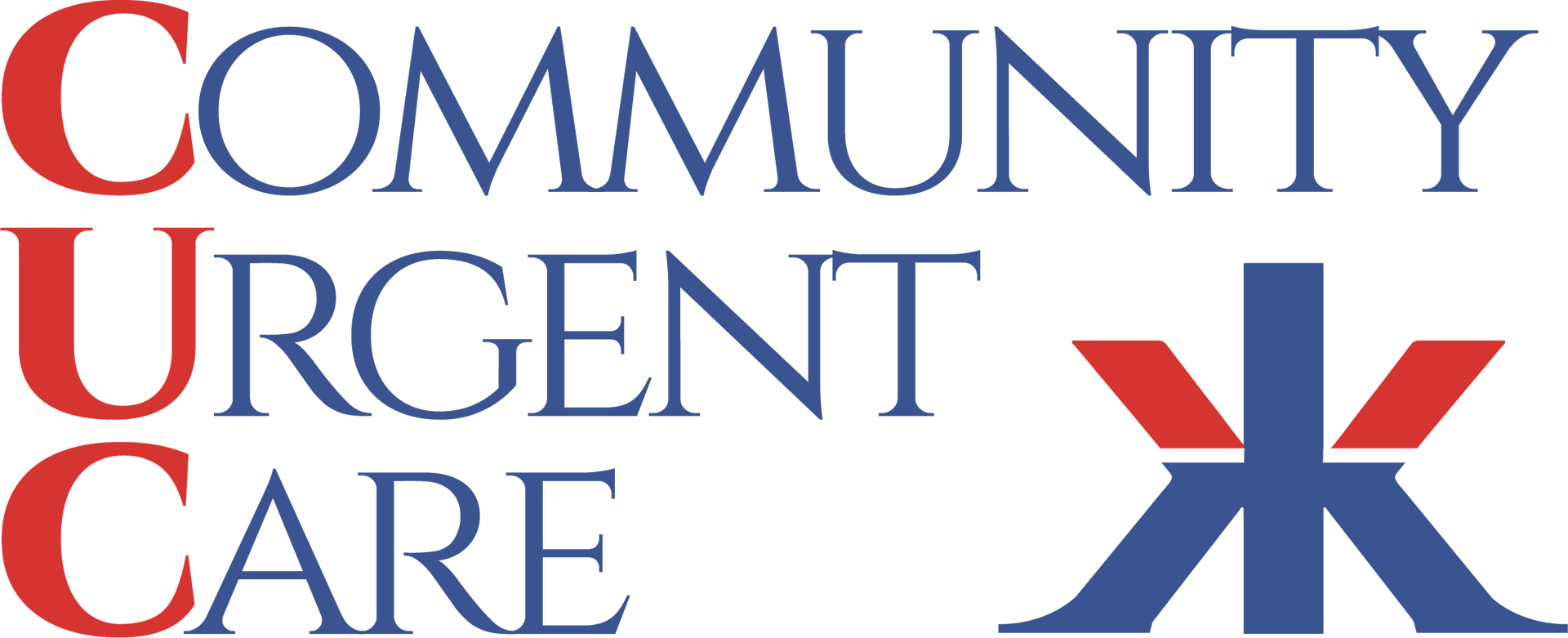Visit us at 2651 Shelby Road, Poplar Bluff, MO 63901
Walk in anytime or call ahead at 573-843-8380
Services & Conditions Treated
Cold & Flu
Cold & Flu Symptoms
Cold Symptoms
When it comes to the common cold, the following symptoms are commonly experienced:
- Runny or stuffy nose
- Sneezing
- Sore throat
- Cough
- Mild headache
- Fatigue or tiredness
- Mild body aches
- Watery eyes
Flu Symptoms
Flu symptoms can be more severe and include:
- High fever (often over 100.4°F or 38°C)
- Intense headache
- Severe fatigue or exhaustion
- Sore throat
- Dry cough
- Runny or congested nose
- Muscle or body aches
- Chills and sweats
- Nausea or vomiting (more common in children)
- Loss of appetite
Effective Treatments for Cold & Flu
Home Remedies & Self-Care
For both cold and flu, these self-care measures can help alleviate symptoms and promote recovery:
- Get plenty of rest and sleep
- Stay hydrated by drinking fluids
- Gargle with warm salt water to soothe a sore throat
- Use over-the-counter saline nasal sprays or rinses for nasal congestion
- Use a humidifier or take steamy showers to relieve congestion
- Over-the-counter pain relievers like acetaminophen or ibuprofen can help reduce fever, headache, and body aches (follow package instructions)
Medical Interventions
In some cases, medical interventions may be necessary:
- Antiviral medications: Prescription antiviral drugs may be recommended for the flu, especially if started early in the illness.
- Decongestants and expectorants: Over-the-counter medications can provide temporary relief from nasal congestion or cough.
- Symptom-specific medications: Depending on the symptoms, your healthcare provider may recommend specific medications to alleviate discomfort.
Here is a list of common cold and flu medications to have on hand:
- Acetaminophen (Tylenol)
- Ibuprofen (Advil, Motrin)
- Nasal decongestants (such as pseudoephedrine or phenylephrine)
- Expectorants (such as guaifenesin)
- Cough suppressants (such as dextromethorphan)
- Antihistamines (such as loratadine or cetirizine)
- Throat lozenges or cough drops
- Saline nasal sprays or rinses
- Zinc lozenges or supplements (for cold symptom relief)
- Over-the-counter cold and flu combination medications (make sure to read labels and follow dosage instructions)
Please note that this is a general list of medications, and it's essential to consult with a healthcare professional or pharmacist before starting any new medication to ensure it's appropriate for your specific needs and health condition.
Walk in anytime for quick care, or call us to schedule an appointment. Now serving Poplar Bluff, Missouri, Butler County and the greater Ozarks areas.

Community Urgent Care
2651 Shelby Road
Poplar Bluff, MO 63901
Phone: 573-843-8380
Fax: 573-843-8381
Hours
- Mon - Sun
- -
© 2024
Community Urgent Care | All Rights Reserved
Privacy Policy | Site Design by Infinity Medical Marketing